Electromagnetic compatibility (EMC) testing is essential for bringing any electronic product to market. Failing a compliance test late in the design process can mean unexpected redesigns, delays, and increased costs. That’s why engineers are turning to spectrum analysers for pre-compliance measurements, helping to catch issues early.
Good news: the complete Application Note — Spectrum Analysers for EMC Testing is available to download as a PDF. But here’s a quick, practical summary of what you need to know.
Why Spectrum Analysers?
A spectrum analyser gives you visibility into the frequency domain, making it possible to identify unwanted emissions and compare them against regulatory limits. For EMC, they’re invaluable for:
- Pre-compliance testing — verify your design before formal certification
- Troubleshooting — isolate problem frequencies and sources of interference
- Design confidence — build products that pass compliance first time
Key Requirements in EMC Measurements
When selecting or using a spectrum analyser for EMC, engineers should pay close attention to:
- Dynamic range — wide enough to capture both weak and strong signals
- Resolution bandwidth (RBW) — narrow filters reveal low-level emissions
- Detector types — peak, quasi-peak, and average detection as required by CISPR standards
- Trace storage — for comparison against limit lines and regulatory masks
Common Setup Mistakes
Many compliance failures come down to avoidable errors. Engineers often:
- Use non-compliant LISNs, leading to incorrect conducted emission readings
- Skip proper ground planes, which changes the test environment drastically
- Overlook calibration, resulting in inaccurate or untraceable measurements
By paying attention to the complete setup, spectrum analysers can deliver accurate, repeatable results for both pre-compliance and troubleshooting.
Supporting Tools
Beyond the analyser itself, a reliable EMC test bench typically includes:
- LISNs (Line Impedance Stabilisation Networks) for conducted emissions
- Ground planes to standardise test conditions
- VNAs for characterising filters, cables, and antennas
Download the Full Application Note
This summary only scratches the surface. The complete application note covers detector settings, measurement examples, and deeper guidance for engineers working on EMC compliance.











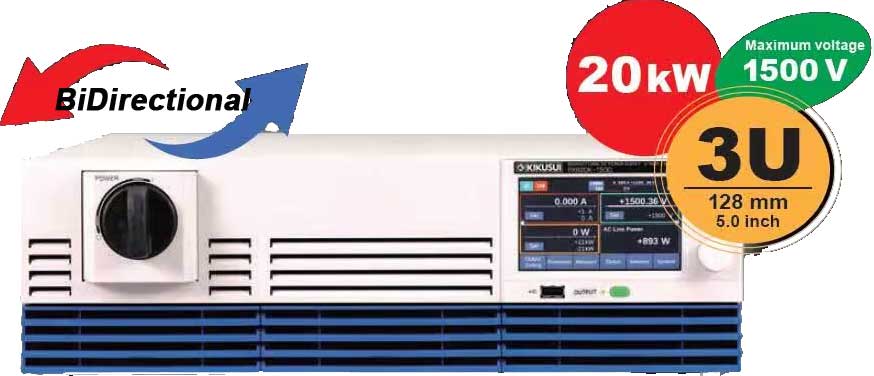





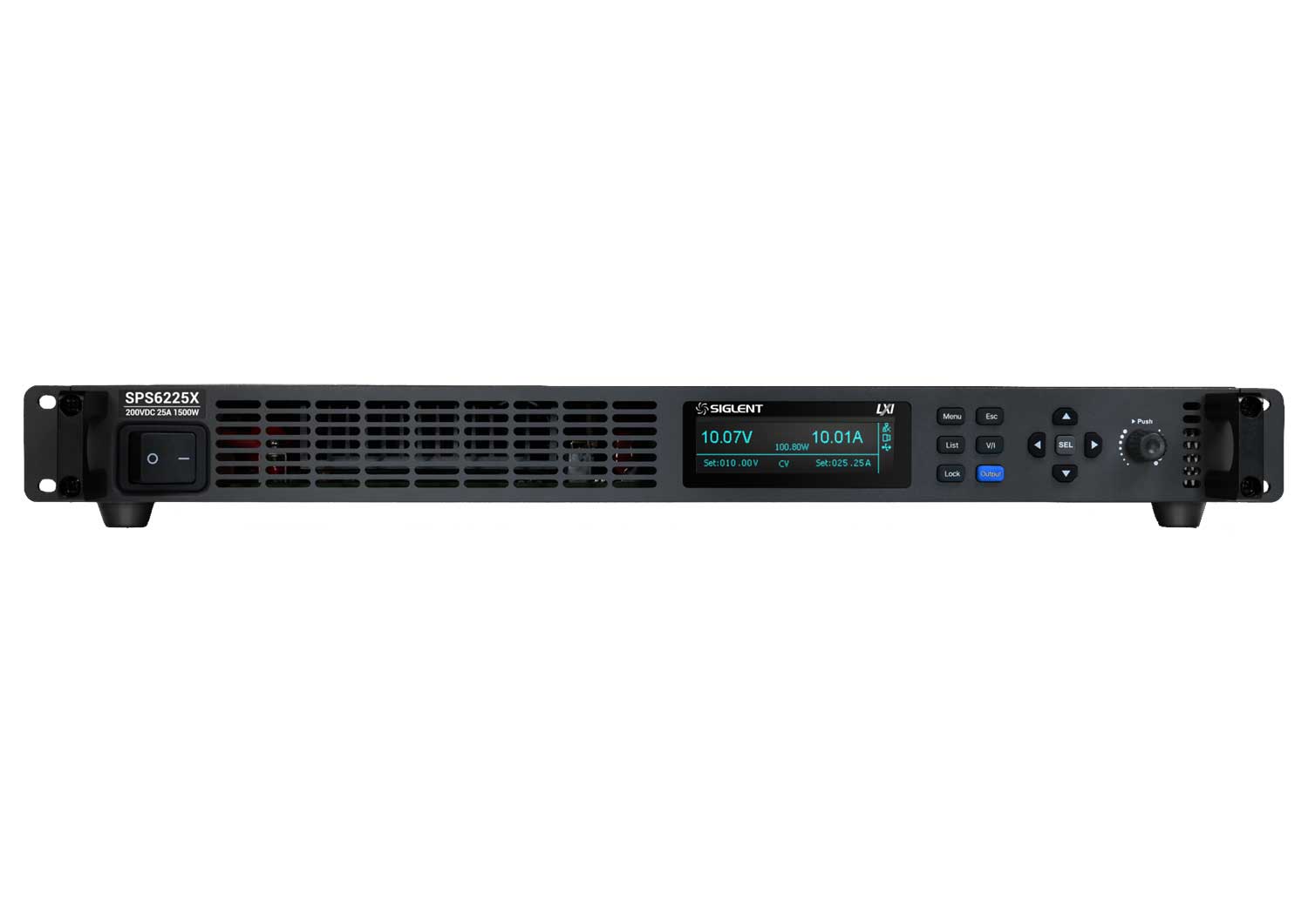

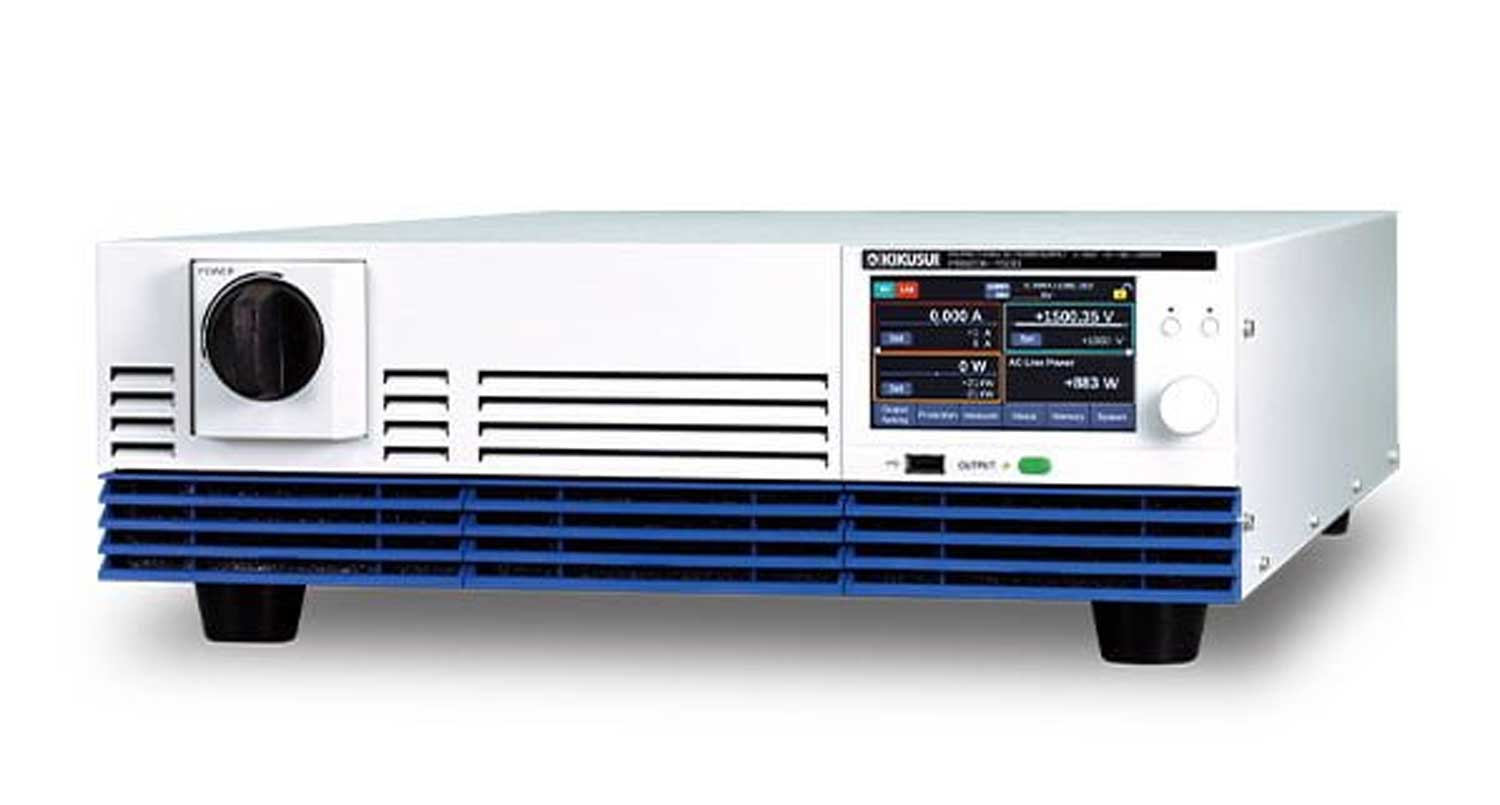






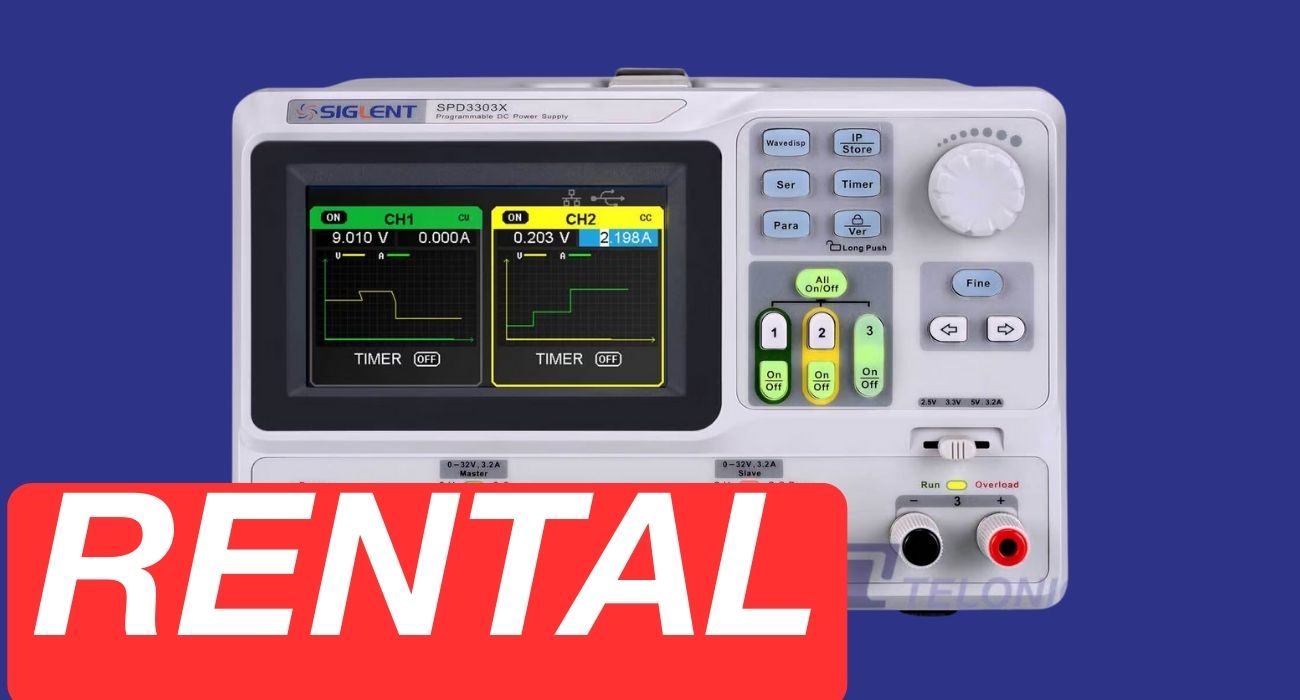








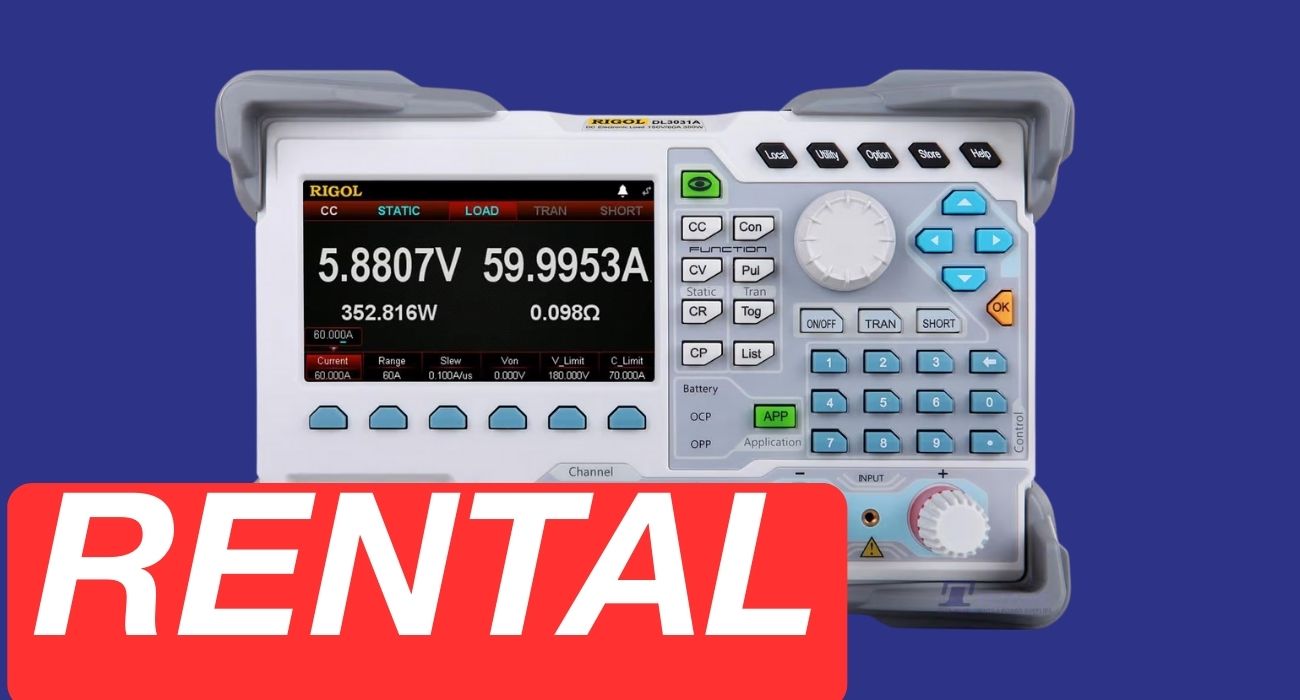


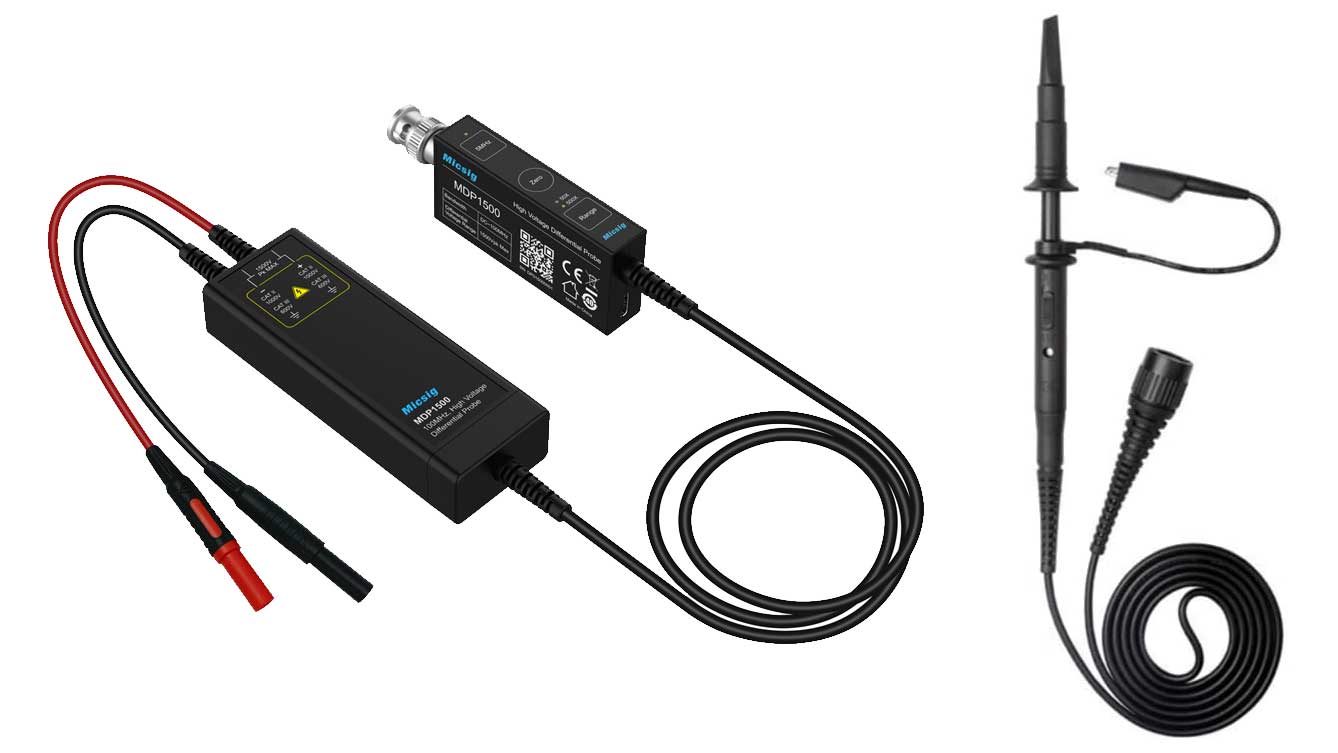









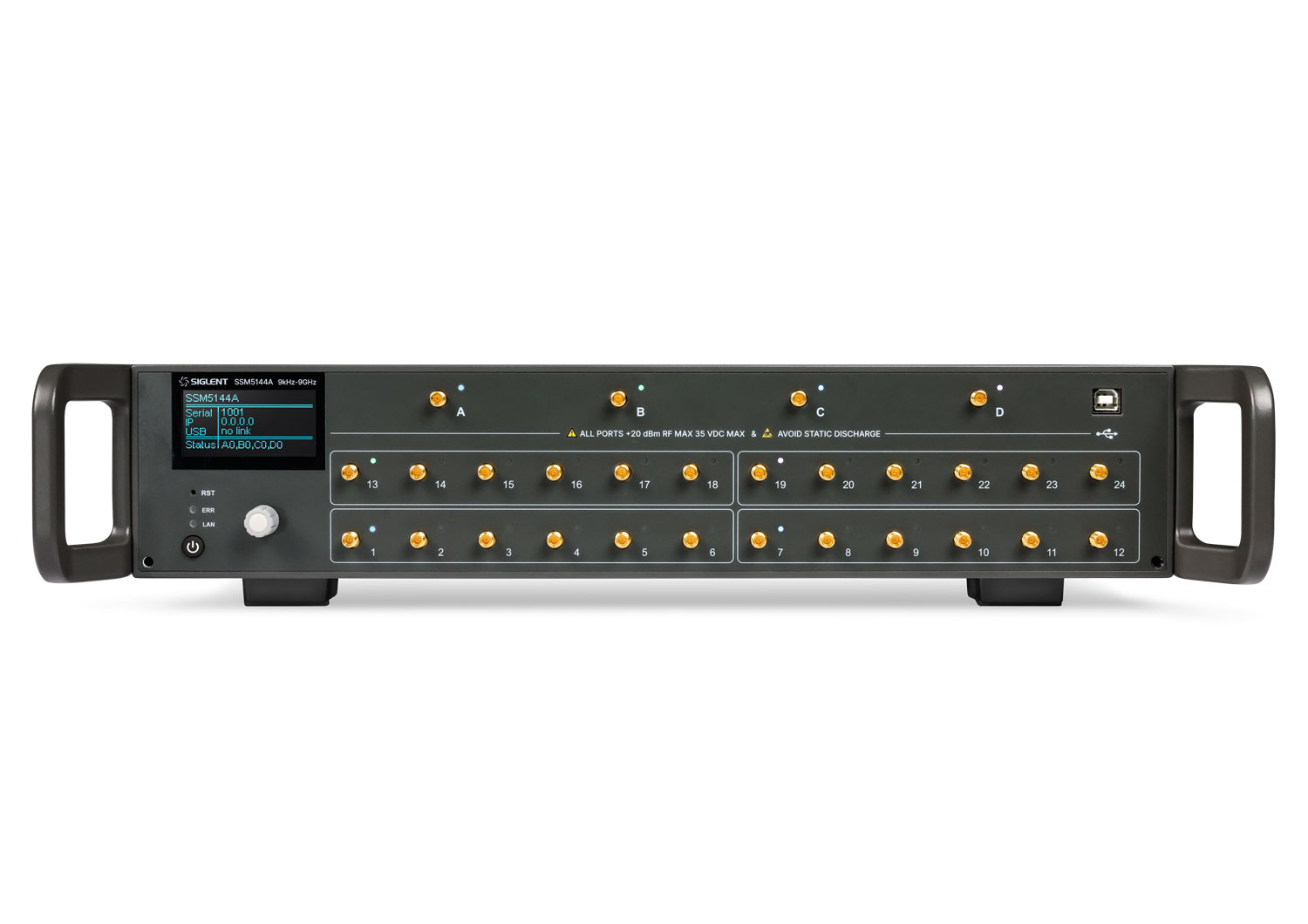








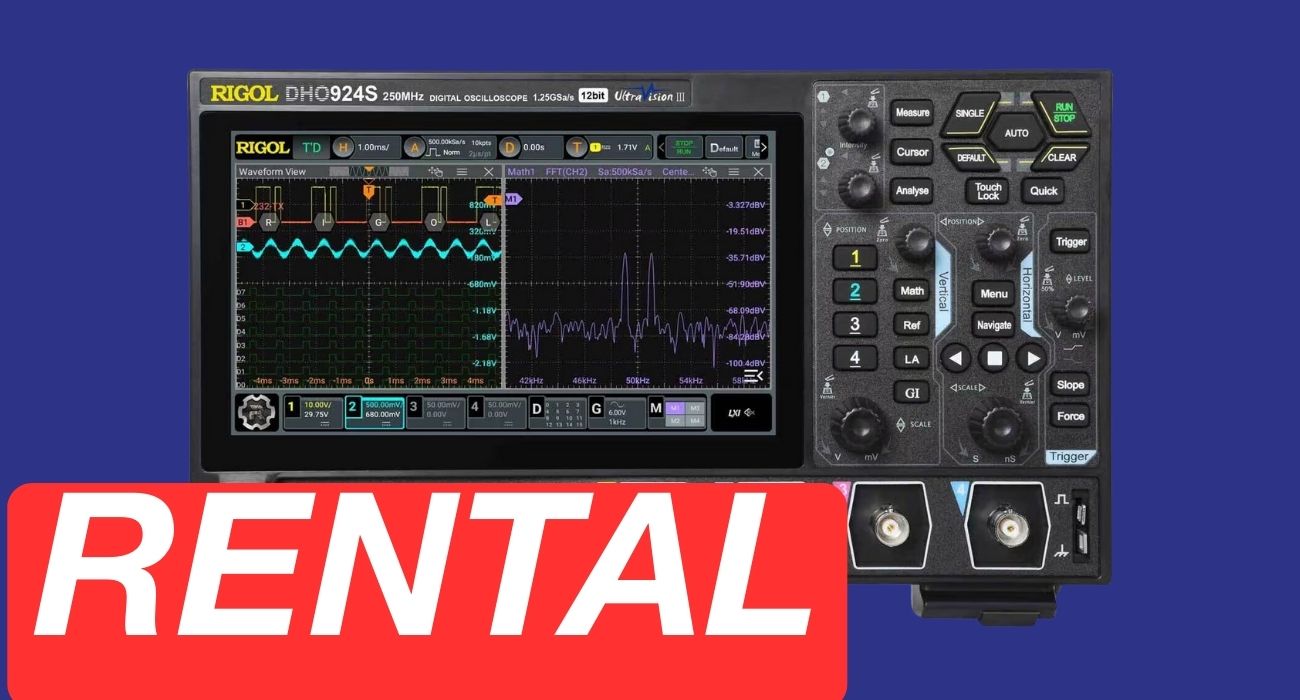


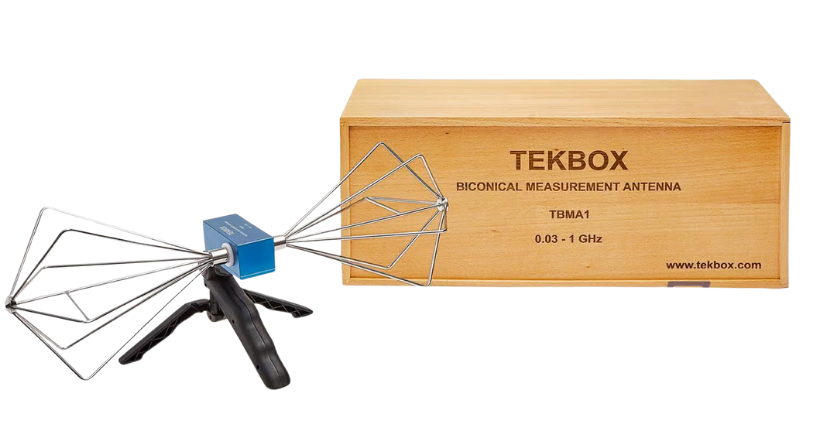

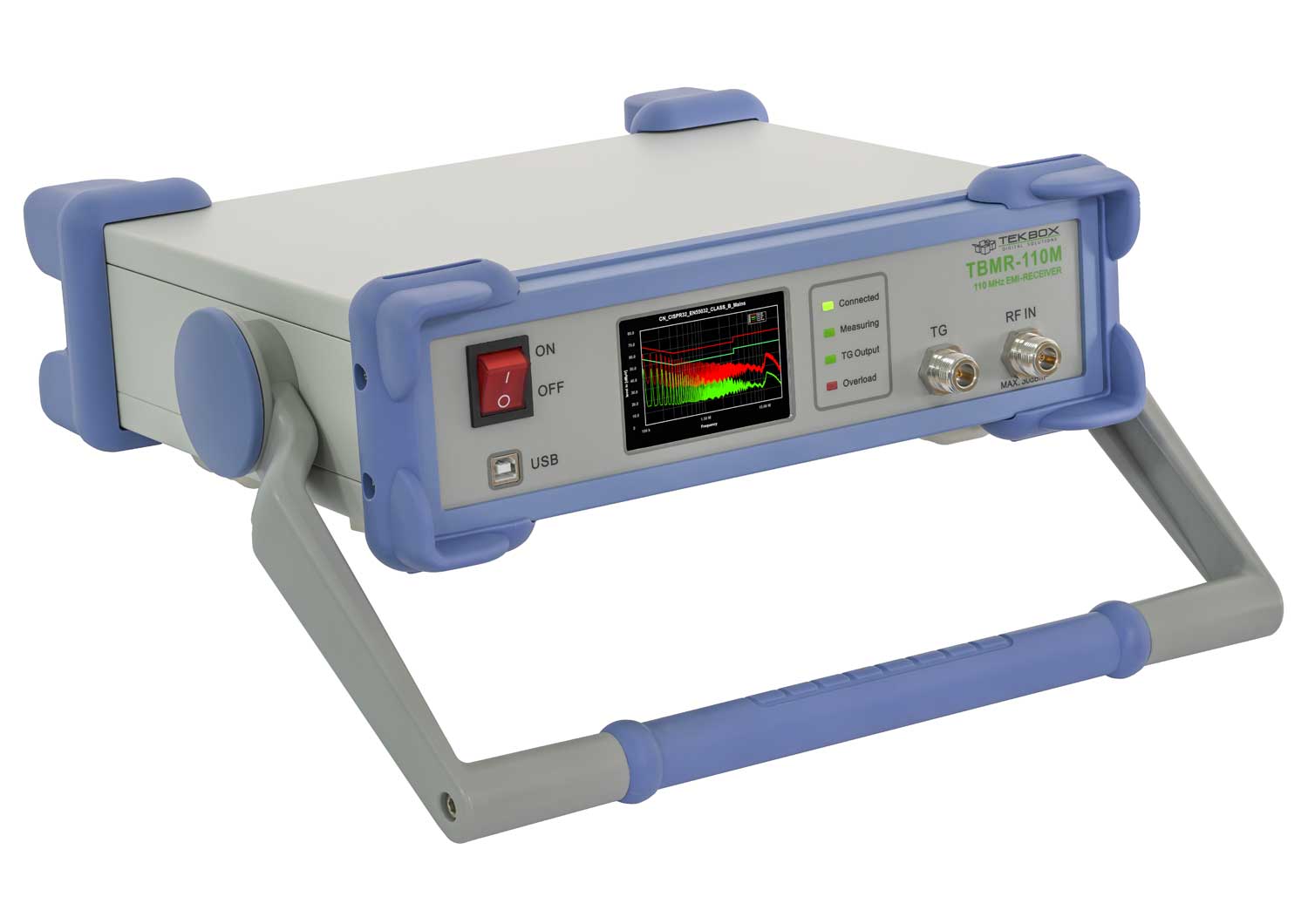
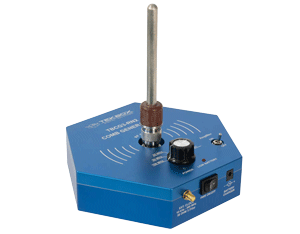





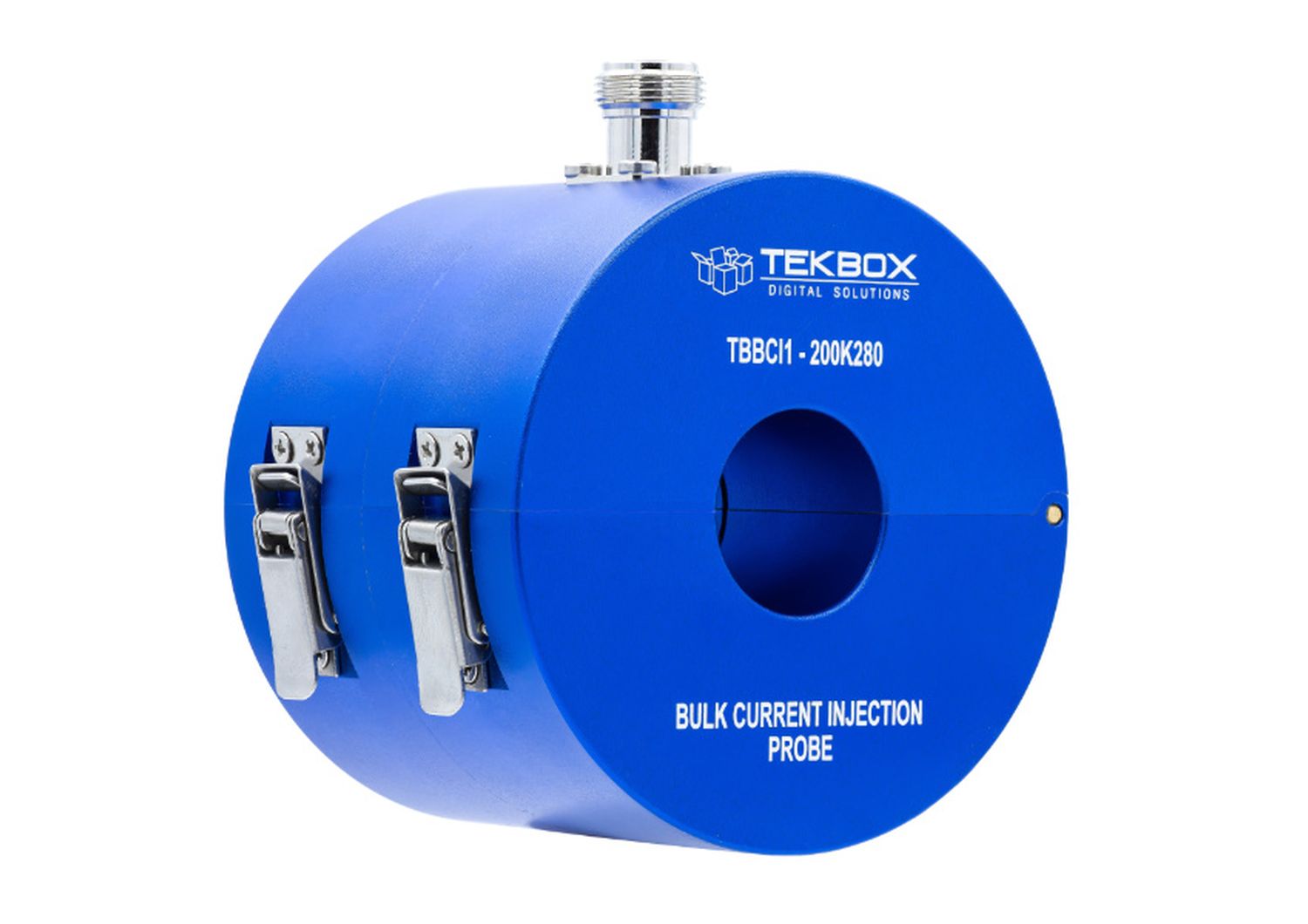


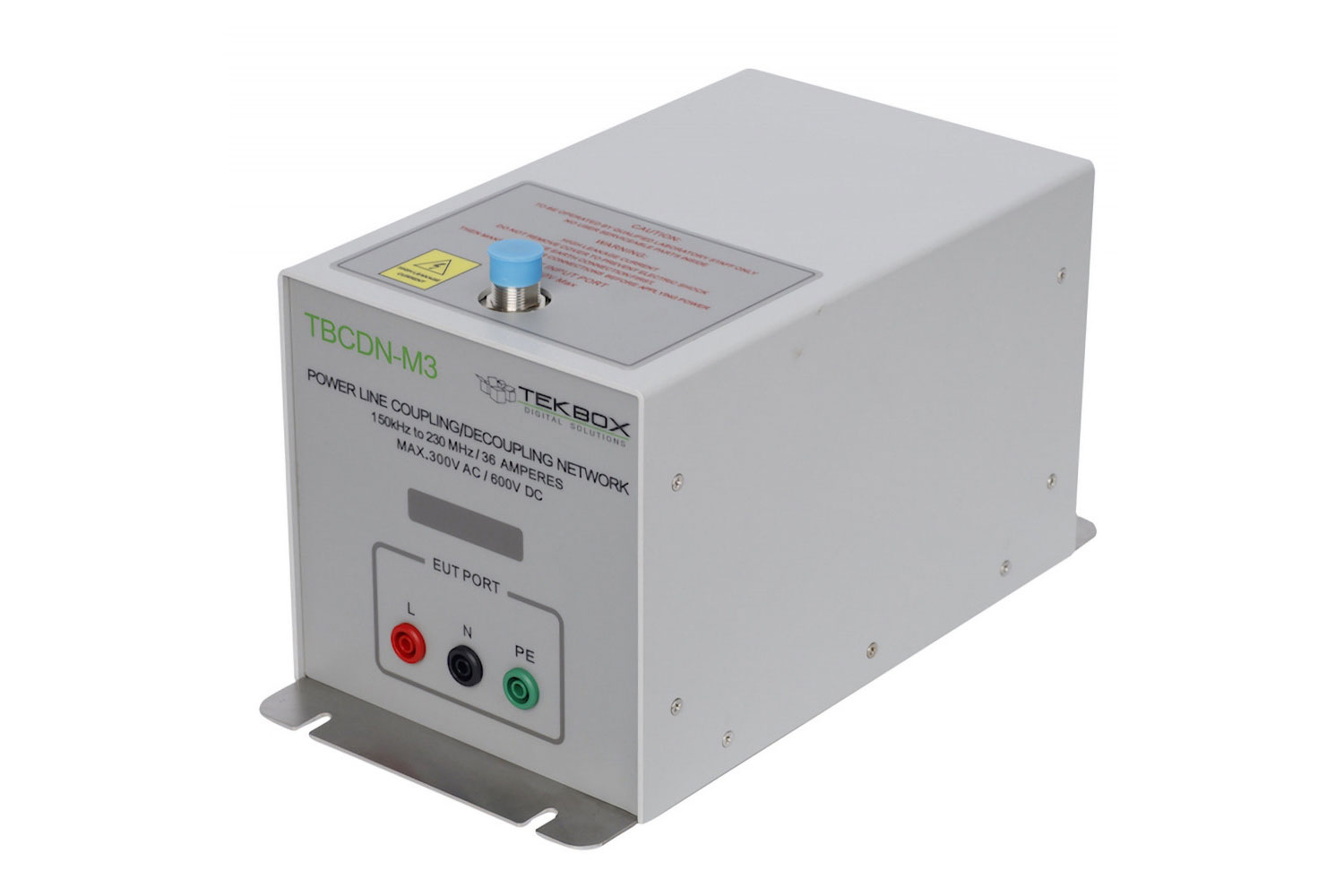
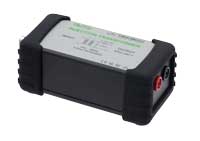

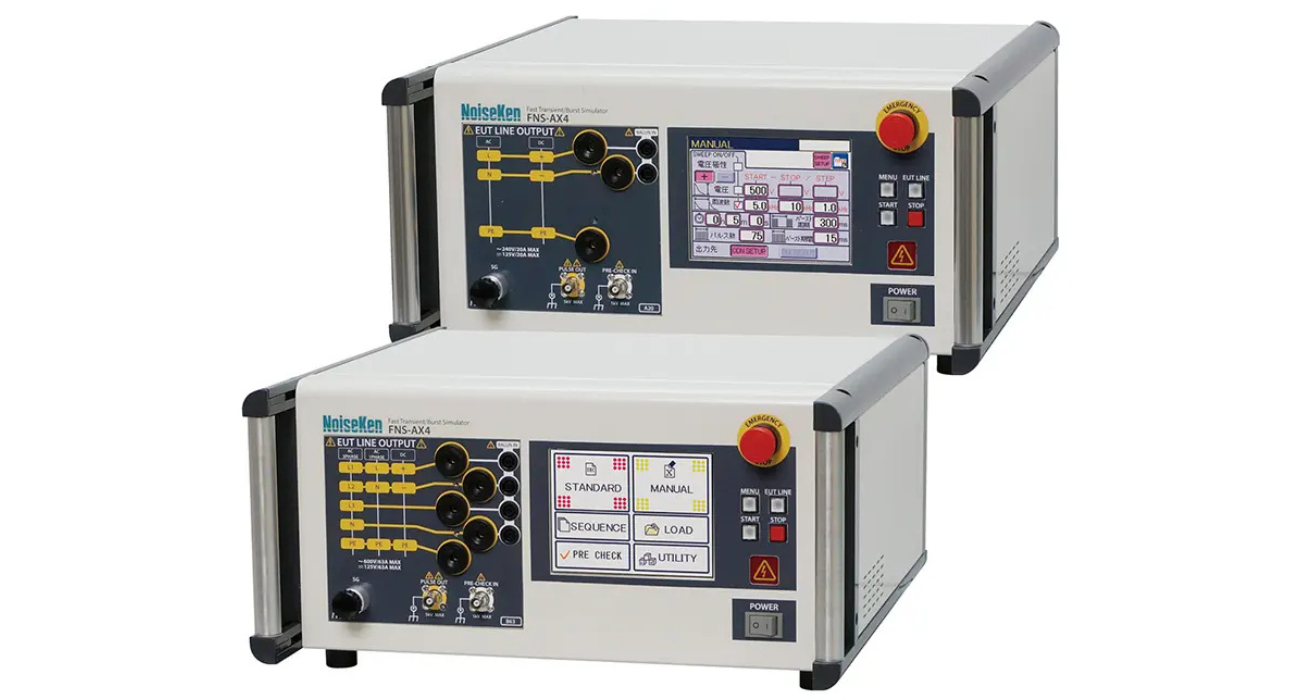
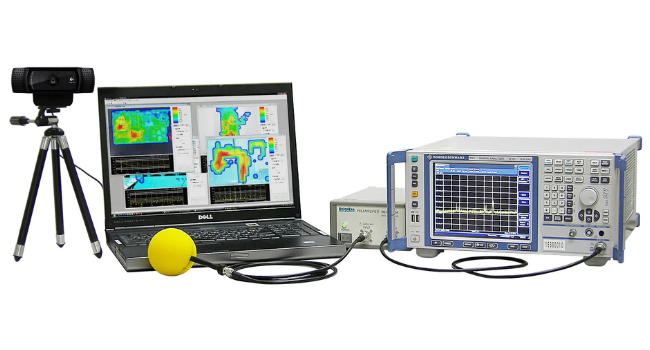
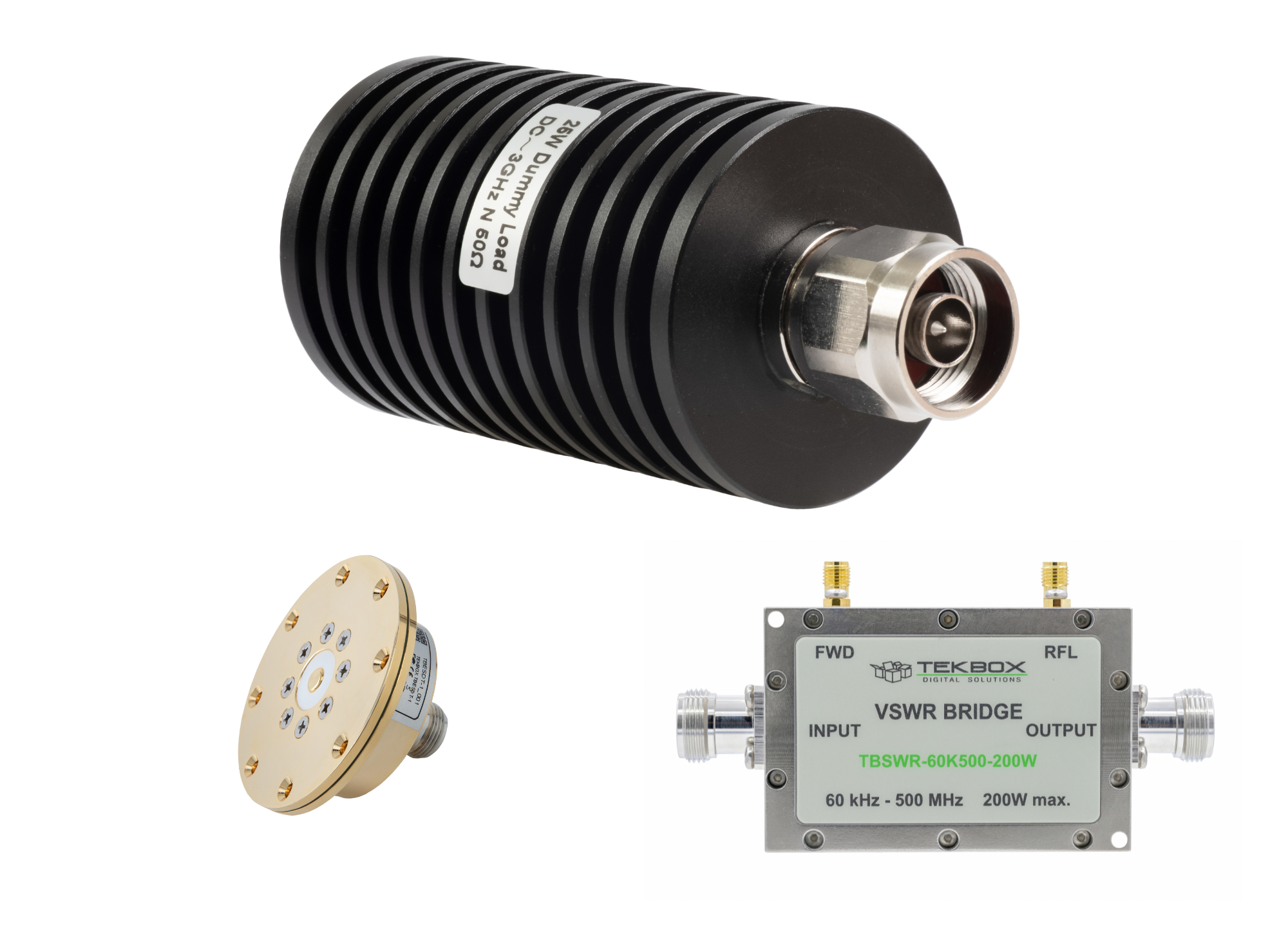
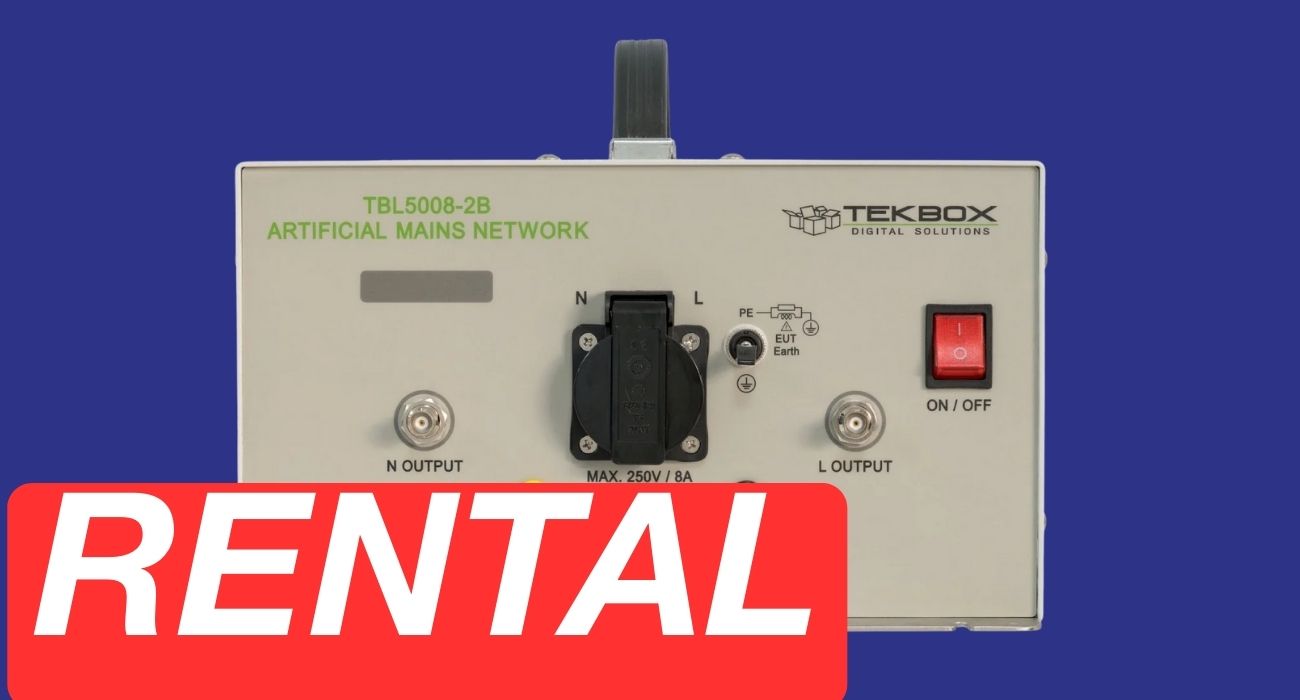
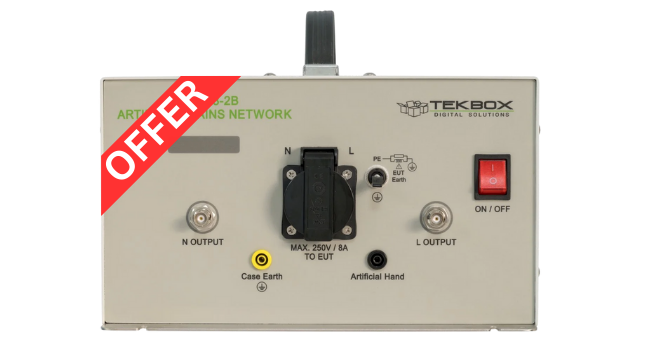





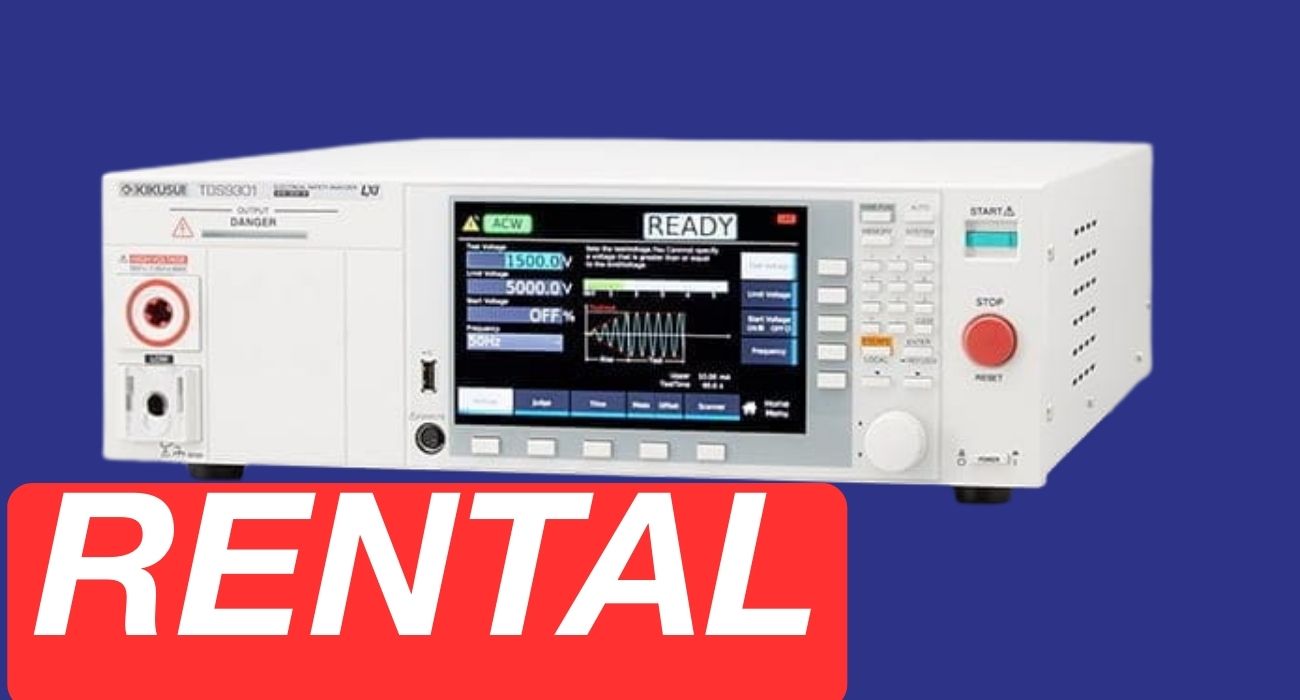
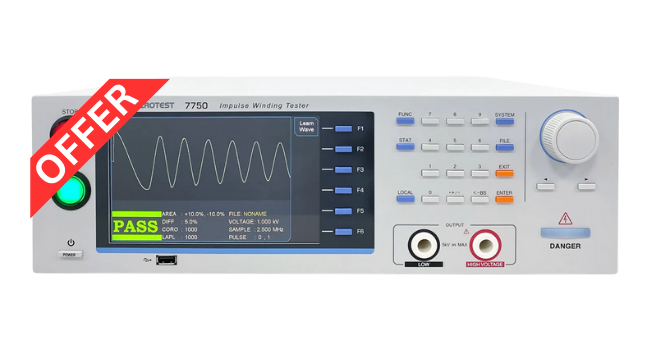


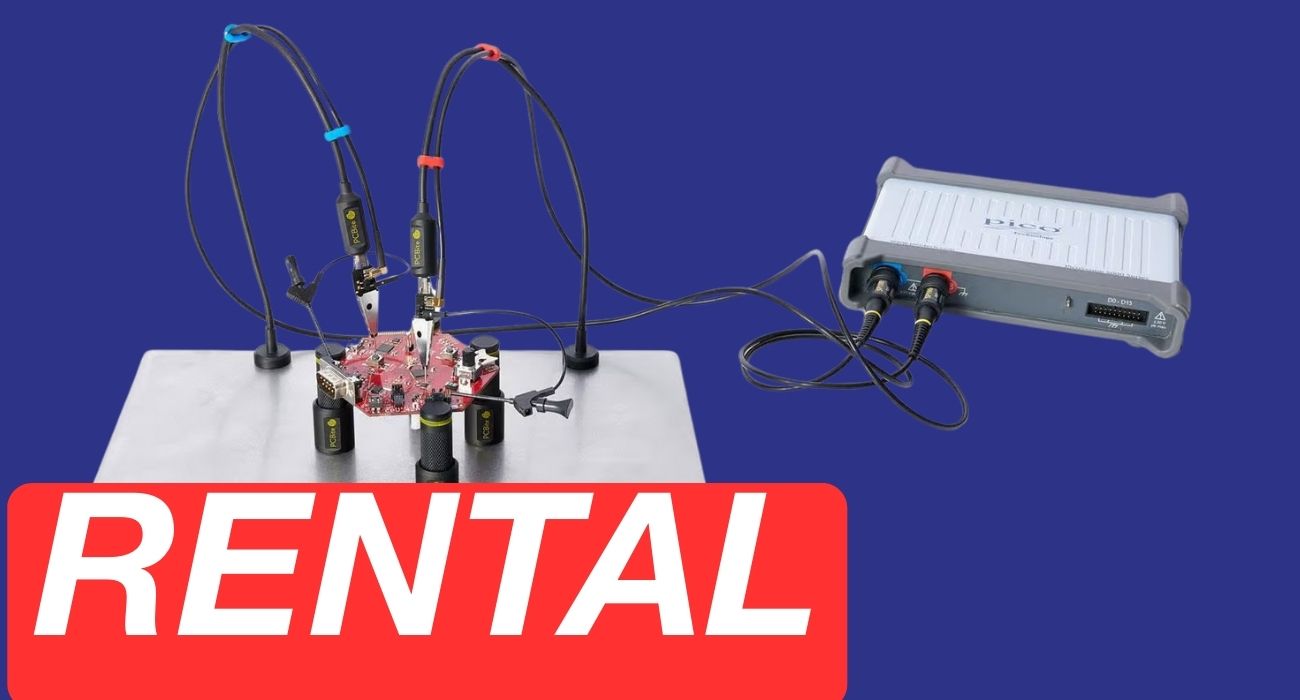
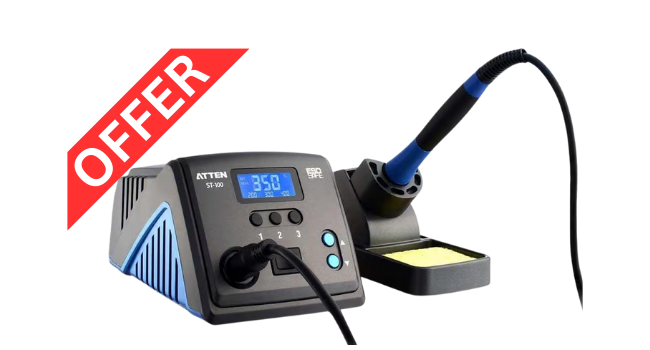







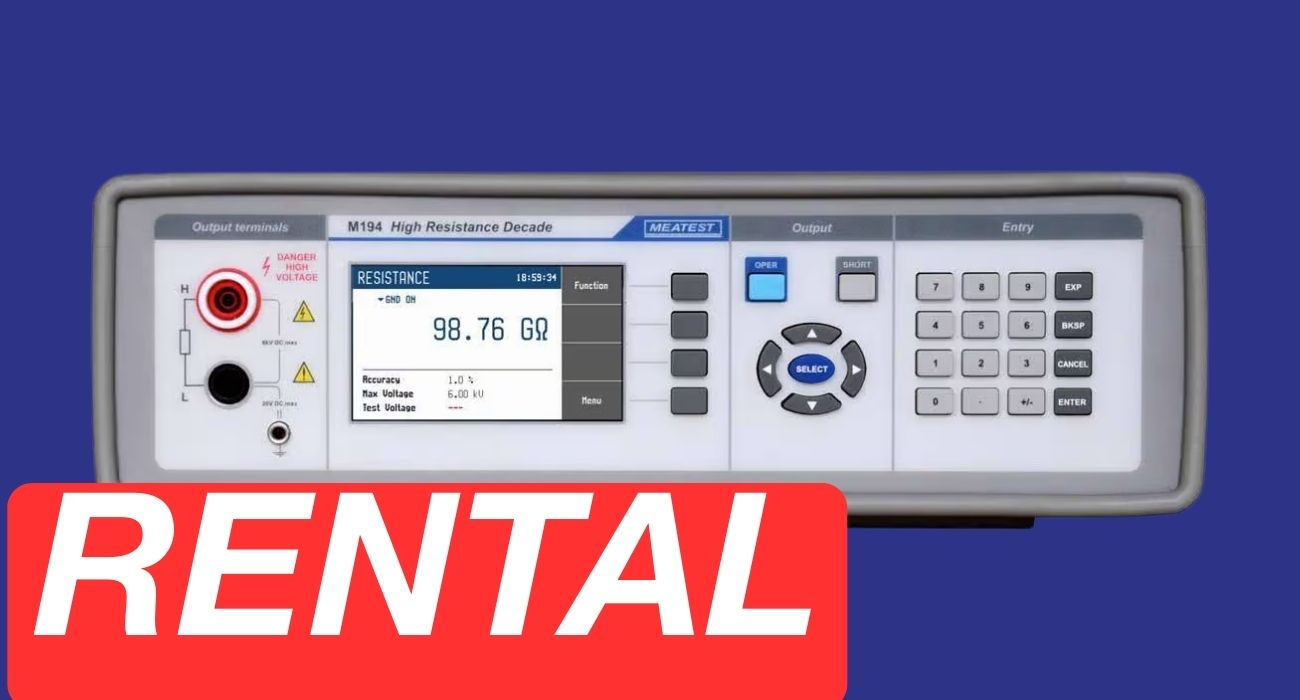
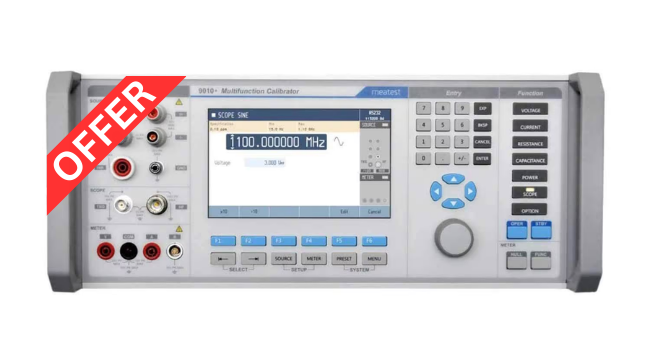
 FREE SHIPPING £75+
FREE SHIPPING £75+
 CELEBRATING 50+ YEARS
CELEBRATING 50+ YEARS
 PRICE MATCH GUARANTEE
PRICE MATCH GUARANTEE

